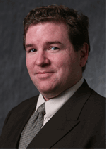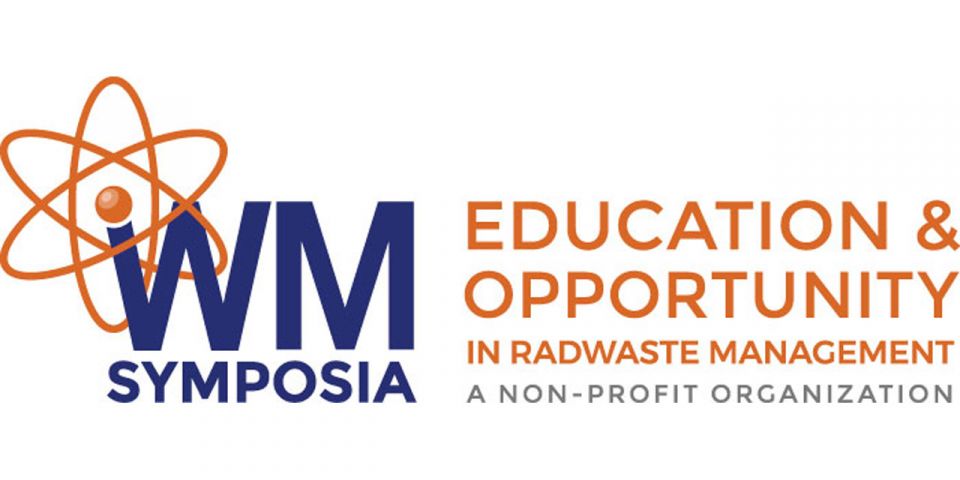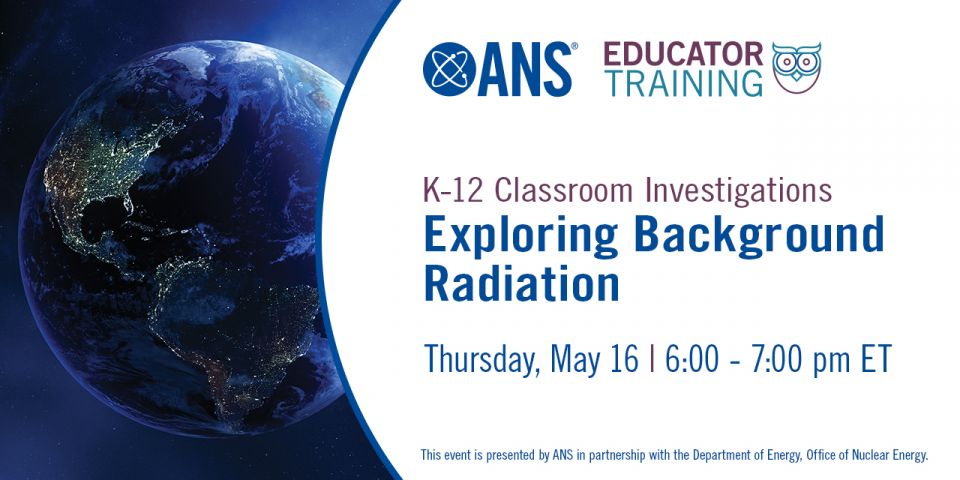Fukushima was not what I had in mind.
Nevertheless, regardless of the differences between the current events and those of the past, the name Fukushima is likely to take its place along side Chernobyl and Three Mile Island and-for those who are really paying attention-Mayak and Windscale. As the conditions at the Fukushima plant continue to be sorted out, there is apt to be some temperance of the enthusiasm for the anticipated growth in nuclear power generation. This kind of impact in the short term is understandable, and maybe even appropriate. On the other hand, the long-term impacts on the industry are far less certain, but there are plenty of reasons to remain optimistic.
The future of student enrollments
One of the most important of the long-term impacts could be what happens to the student enrollments that have fueled the growth in the population and enthusiasm of nuclear's young generation. My admittedly informal and unscientific survey of current students has shown no decrease in the zeal for nuclear engineering. On the contrary, I have seen an eagerness to learn about and from the Fukushima accident and use those lessons to improve the designs for new nuclear reactors, which they don't doubt for a minute are coming. Some students that are graduating just this month have expressed some trepidation about what it all means for the immediate job prospects and promotion opportunities, but none are seriously questioning their career choices.
Of course, the true test will be what happens to enrollments in nuclear engineering in 2-5 years, when students currently in high school and middle school start beginning to consider possible fields of study. Will more of them write off nuclear engineering out of hand because of the images they saw on TV when they were 15? And, if the resurgence of nuclear power continues as planned, will this mean a new wave of workforce shortages to overcome?
 Outreach to high school and college students cannot fall by the wayside. Before the accident, there was some suggestion that universities, government, and industry may be able to afford to start scaling back some of the programs that have encouraged the rise in student populations. I don't pretend to know what will happen more than anyone else, but I believe that we must be prepared to bridge the potential gap in enthusiasm of the incoming college students of the next few years.
Outreach to high school and college students cannot fall by the wayside. Before the accident, there was some suggestion that universities, government, and industry may be able to afford to start scaling back some of the programs that have encouraged the rise in student populations. I don't pretend to know what will happen more than anyone else, but I believe that we must be prepared to bridge the potential gap in enthusiasm of the incoming college students of the next few years.
There is still plenty to do!
____________________

Caracappa
Peter Caracappa is a clinical assistant professor and radiation safety officer at Rensselaer Polytechnic Institute, in New York State. He was a founding executive committee member of the Young Members Group and currently serves as its chair. He is a contributor to the ANS Nuclear Cafe.
 The basic thesis of a post I wrote in January was that the Chernobyl accident was far enough in the past that the younger generation in the nuclear industry did not have the first-hand memories of the experience, and therefore lacked some of the emotional understanding of the event. I suggested that there should be a conscious effort to pass on how Chernobyl and Three Mile Island affected the culture of the industry.
The basic thesis of a post I wrote in January was that the Chernobyl accident was far enough in the past that the younger generation in the nuclear industry did not have the first-hand memories of the experience, and therefore lacked some of the emotional understanding of the event. I suggested that there should be a conscious effort to pass on how Chernobyl and Three Mile Island affected the culture of the industry.





